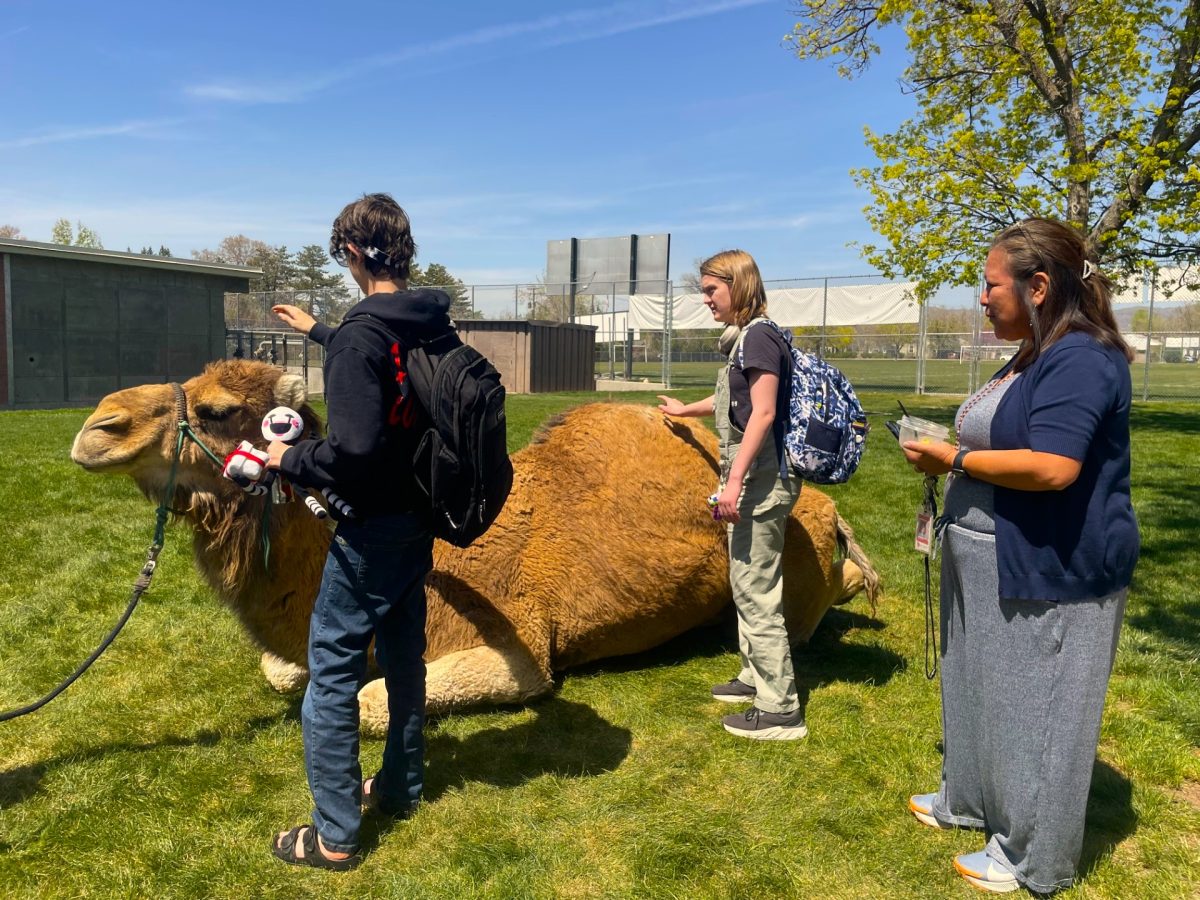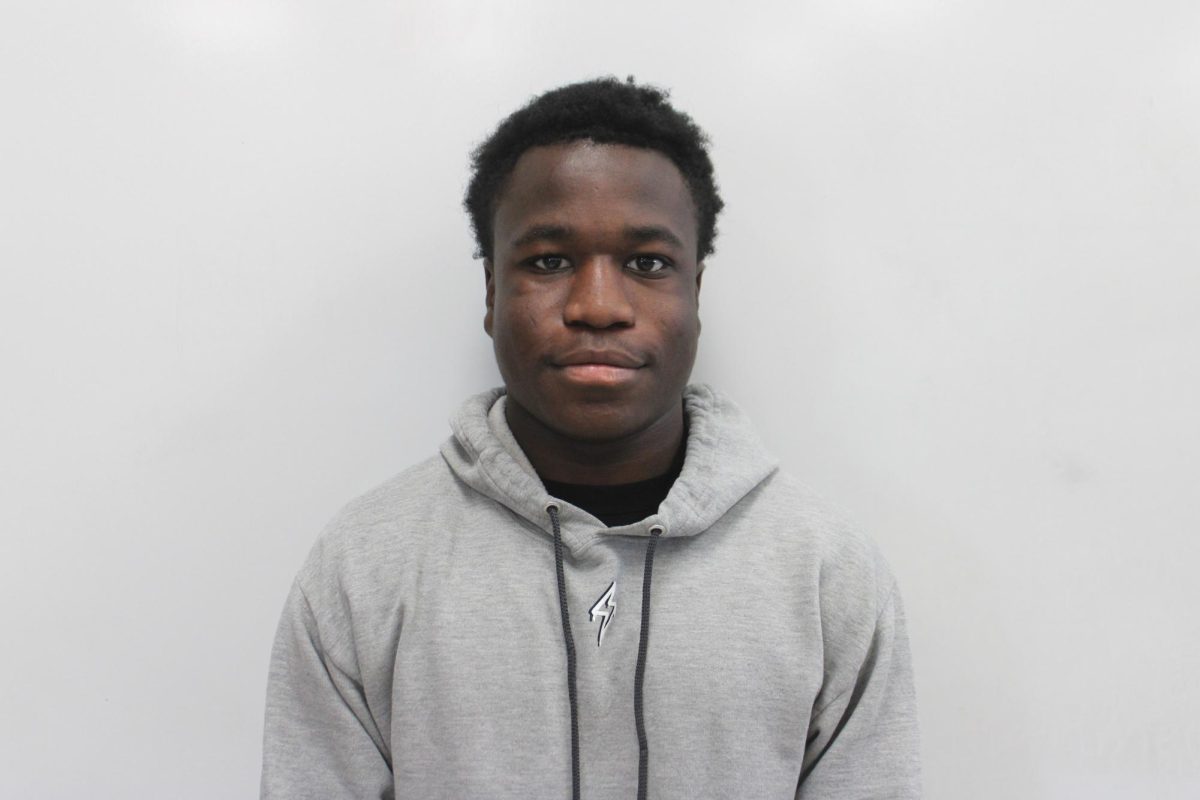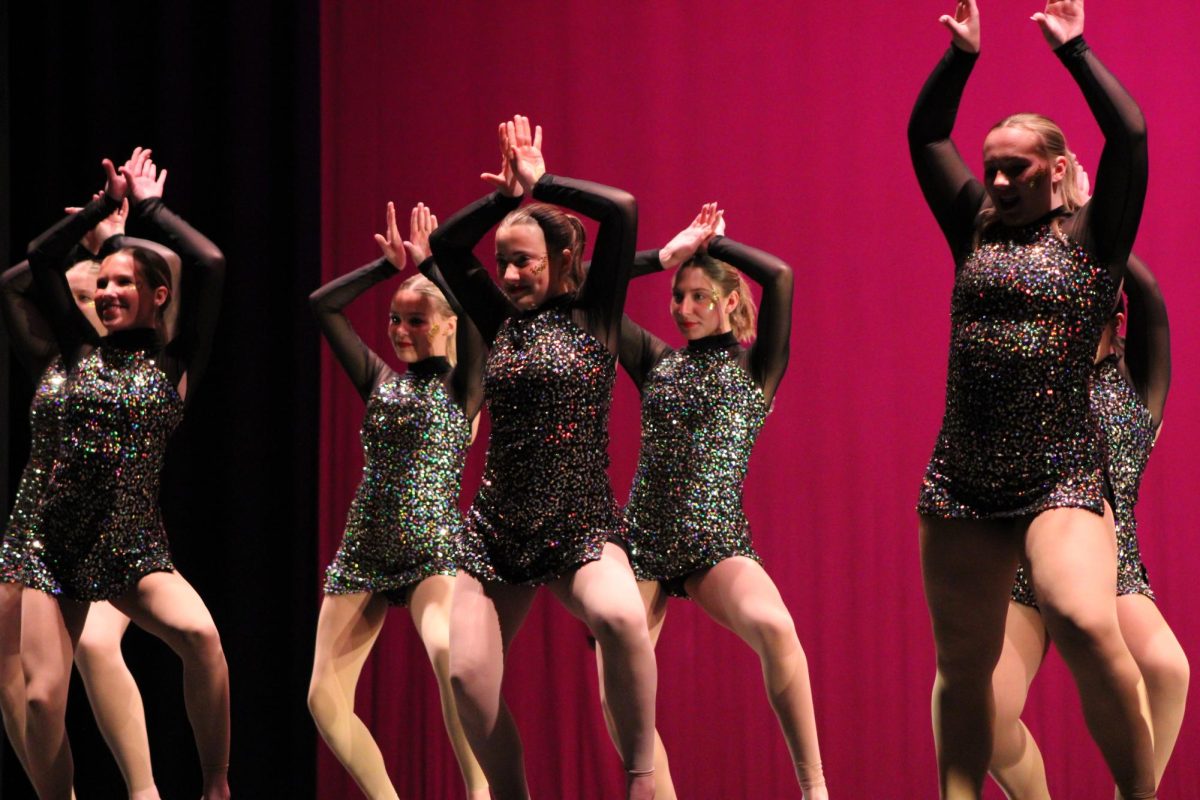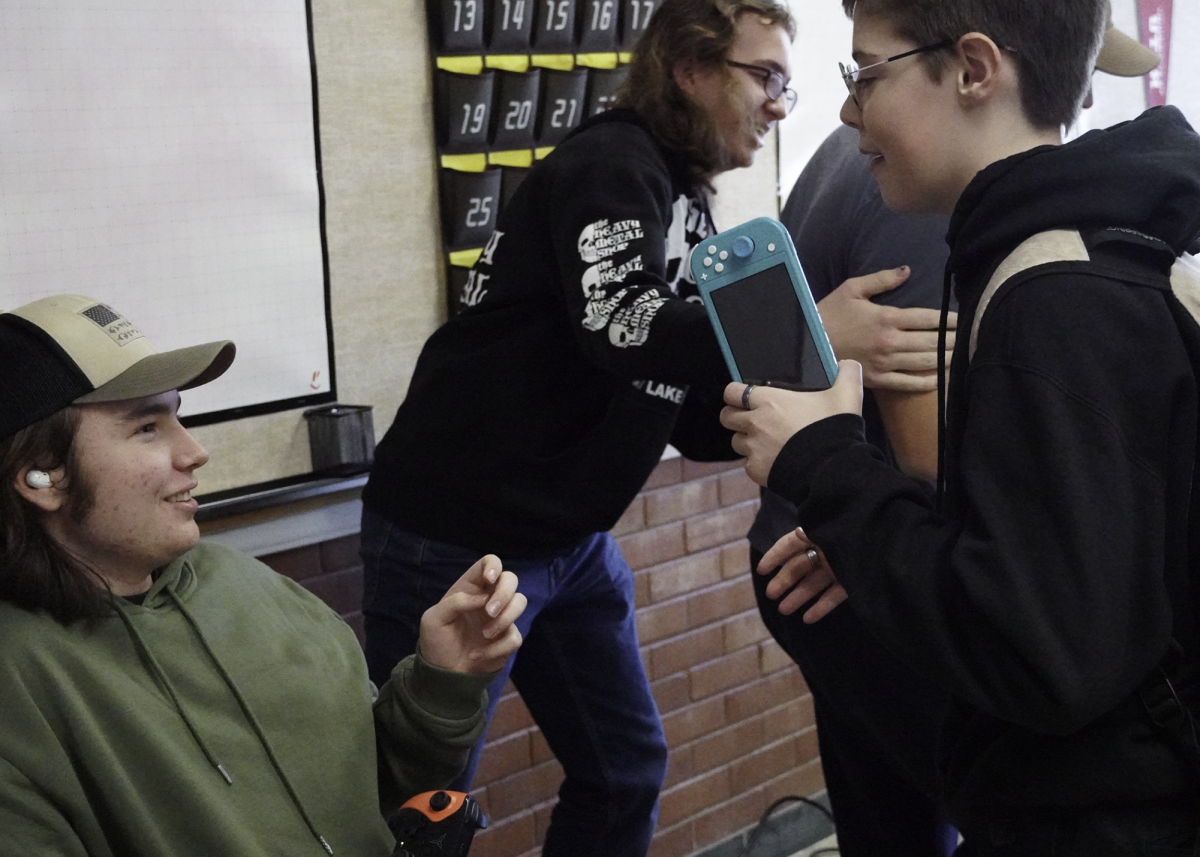Knowledge Can Protect Against Sexual Assault
January 16, 2015
Women thrive on confidence; of this emotion, there are two types, the healthy and the dangerous. The healthy is built off of personal accomplishments, positive self-talk and most importantly it does not rely on others to exist. The dangerous kind however, is mostly dependent on other’s opinions of the subject. These boosts of confidence can present themselves in approval from friends, family, and often times the opposite sex. This type of confidence is likely to develop in a young women, especially those that feel they are the new or “odd one out” in a situation. It is this particular type of confidence that puts young women more at risk for sexual assault than young men, especially at a time of vulnerability; for example one’s freshmen year of college. Some young men across the nation seemed to have picked up on this dangerous sense of confidence and are using to their advantage.
Every 21 hours there is another rape on a college campus. These victims are young, an inordinate number of those rapes occur within the first few weeks of the freshmen year. Protecting, educating and arming new students with the ability to stop sexual assault will change lives.
New students are more susceptible to all kinds of crimes, especially sexual-assault. It is proven that most rapes occur with the male as the perpetrator and the female as the victim. A female college freshmen in many cases is away from home for the first extended time ever. They are trying to pledge, to find friends, and are placing their trust in a broader group of unknowns than ever before. Combine this with the availability of alcohol with limited oversight and issues are guaranteed to arise.
So how do we as high school students be proactive about this growing issue? Knowledge is power, the best way to change something is to stop it before it even starts, therefore spreading information about it to a generation that could potentially be the first to make a change. Providing education to both genders through statistics, consequences, and real people testimonials will personalize the issue.
As for students at Highland, being aware and sensitive to this issue is a big step in reparation. Women at Highland must remember the importance of having the right kind of confidence.
“I was always taught to be confident, something my mother has always told me was if anyone ever asked me to shake my money maker, to shake my head” Senior Caroline Emmitt said. “I think this put the idea in my head that not only was confidence key, self-confidence was not based off of looks, or others opinions of me, especially not the opposite sex.”
If our student body is able to be aware and proactive about this growing issue, we can be the generation to change it.



























